It’s another indication that trees left standing may have more long-term value than logged trees
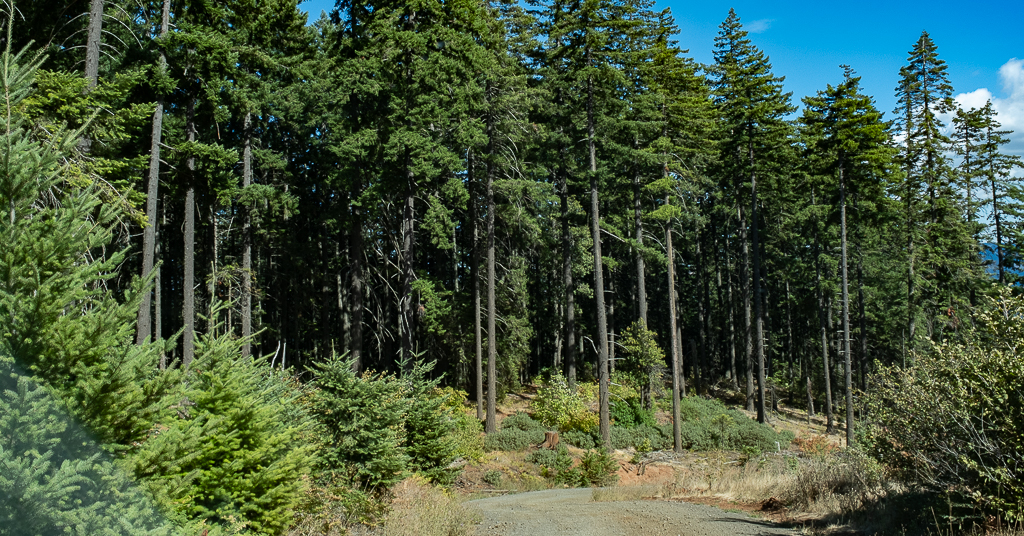
Multi-use: Hood River County’s tree farm is an increasingly diverse asset. Photo: Jurgenhessphotography
By Grant Stringer. October 17, 2023. In September, Columbia Insight reported on a plan being considered by Hood River County, Oregon, officials to designate nearly all of its 30,000-acre tree farm for trade on the carbon-offset market.
Now, the county has decided to do just that. On Monday, commissioners approved a 40-year plan to generate and sell carbon credits via the county’s expansive tree farm.
The county commission unanimously approved the project and directed staff to write an order to finalize it.
Chief forester Doug Thiesies developed and championed the plan in a years-long process. It’s a partnership with The Climate Trust, a Portland-based nonprofit that develops and manages carbon offset projects around the United States.
Commissioners expressed their support during the meeting and thanked Thiesies for his work.
“I’m excited that we’re finally to this point,” Commissioner Les Perkins, whose district includes much of the tree farm, said.
Under the plan, Hood River County will determine how much carbon is stored in the tree farm. Based on the estimate, the county will be able to sell carbon credits on the $2 billion voluntary carbon market.
Buyers—be they tech giants or individuals—would be able to “count” the carbon in the tree farm toward their own climate goals.
Some observers have questioned the project’s climate benefit.
The county estimates it could earn $24 million from the project, but Thiesies said Monday that will depend on the amount of carbon in the tree farm.
Trees will still be logged
Thiesies had pitched the project as a way to lock in the county’s harvesting strategy for decades, in which trees are cut slower than what’s typical in order to preserve the resource for the long-term.
Logging earns about $4 million annually for the county budget.
Bigger trees also store more carbon.
During the meeting, Commissioner Arthur Babitz asked Thiesies about potential liabilities that the county will take on with the project.
“I want to make sure we’re considering enough what the potential failures are,” Babitz said.
Babitz asked Thiesies and Julius Pasay, executive director of The Climate Trust, about volatility in the voluntary carbon market and the possibility that credits could someday become “worthless.”
Pasay said the project’s legal agreement includes several “off-ramps” county commissioners can use to exit the project for circumstances outside their control, such as a change in law or an “act of god.”
He also noted that the agreement includes a minimum credit sale price of $9.75. A lower price must be approved by the county, according to the contract.




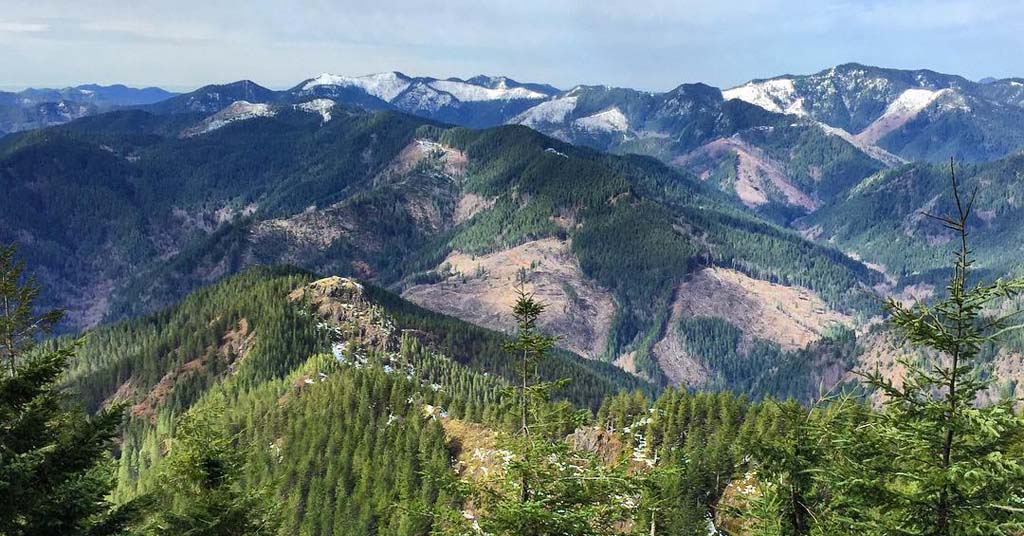
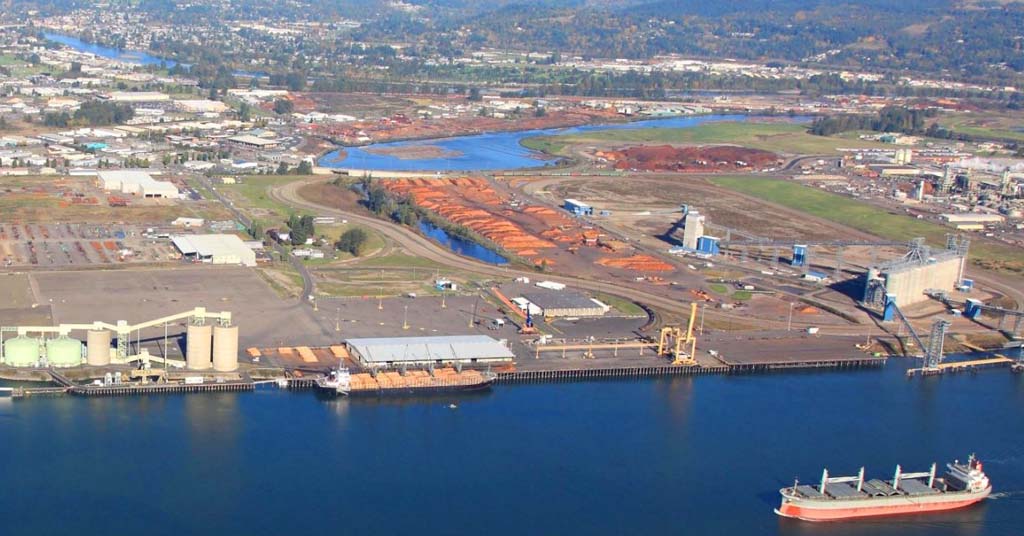
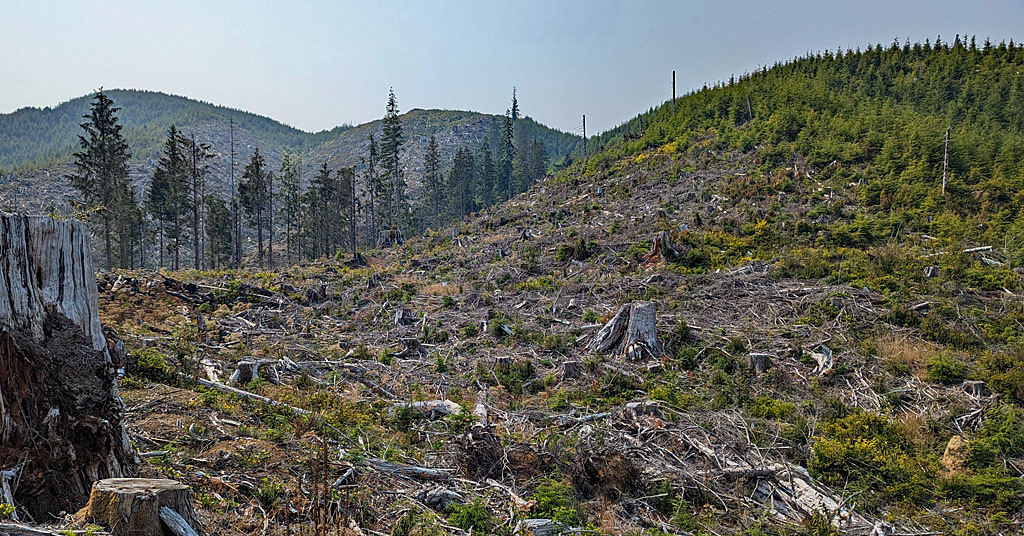
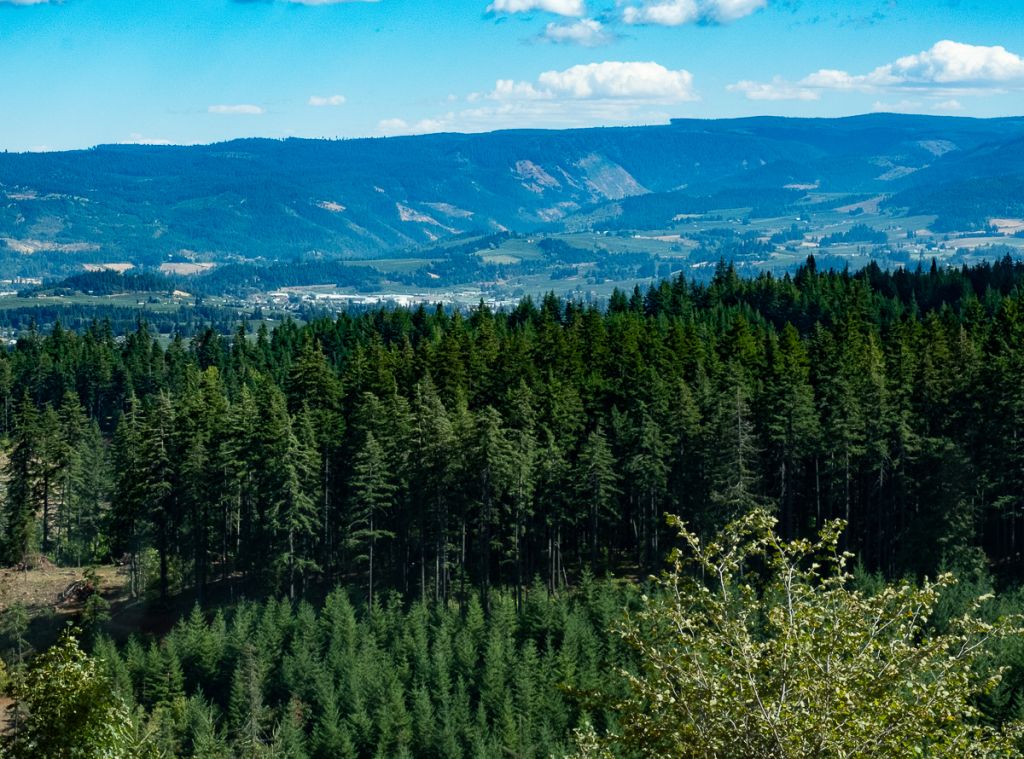



Old-growth forests are much better to leave in place than to remove for income. Larger trees absorb more carbon, but there’s something that everybody forgets. When you remove old trees, you remove all the chemicals that tree has pulled from the ground that trees need to sustain themselves over generations. A decaying or burned tree leaves things like iron, magnesium, etc. in their wood and foliage that gets recycled into the ground and into succeeding trees that grow to replace them. When you remove trees that have grown there, you are depleting the soil and the health of trees in the future. Logged forests are NOT self-sustainable forever.